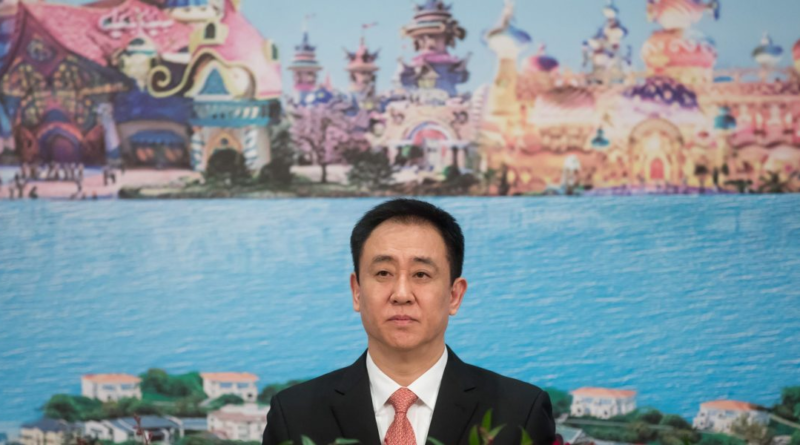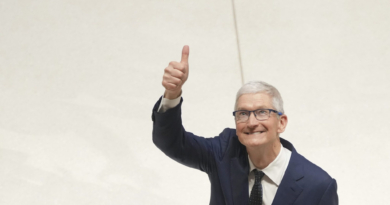Evergrande founder Hui Ka Yan was once China's richest person. Beijing now accuses him of inflating his company's revenue by almost $80 billion
It’s been a spectacular fall from grace for China Evergrande Group, the property giant at the heart of China’s real estate crisis. The developer grew so large that it even owned a football club in the Chinese Super League—but accumulated $300 billion in debt, defaulted, and has been ordered to liquidate by a Hong Kong court.
Now, Beijing’s latest indictment is that both Evergrande and its founder, Hui Ka Yan, massively inflated revenue.
On Monday, China’s securities regulator accused the property giant of inflating its 2019 and 2020 revenues by a total of almost $80 billion. The China Securities Regulatory Commission said Evergrande’s main onshore unit, Hengda Real Estate Group, boosted its 2019 income by 214 billion yuan ($29.7 billion) by booking sales in advance. Regulators say Hengda then inflated revenues again the following year by 350 billion yuan ($48.6 billion), according to a company filing on the Shenzhen and Shanghai stock exchanges.
The CSRC will impose a 4.2 billion yuan ($583 million) fine on Hengda Real Estate Group, and a 47 million yuan ($6.53 million) fine on Hui. The Evergrande founder will also get a lifetime ban from the securities market.
Regulators are pinning much of the blame on Hui, who allegedly instructed other personnel to “falsely inflate” Hengda’s annual results for 2019 and 2020.
If the CSRC’s allegations are accurate, Evergrande will be guilty of one of the largest frauds in history. At $78 billion, Evergrande’s alleged fraud dwarfs the accounting scandal from fellow Chinese company Luckin Coffee (at $300 million), or the revelations that Enron inflated profits by $600 million and that Worldcom engaged in $11 billion worth of financial fraud, according to Bloomberg.
The announcement comes just days after the CSRC vowed to crack down on securities fraud and protect small investors with “teeth and horns”.
Evergrande and China’s property crisis
This latest allegation is just another blow for Hui, once China’s richest person and Asia’s second-richest person. Hui had a personal fortune of $42 billion in 2017, but his net worth has dropped by 98% to just $979 million, according to Bloomberg estimates. Police placed Hui under police surveillance last September on suspicion of involvement in “illegal crimes.”
Evergrande is arguably the poster child of China’s years-long property crisis, thanks to its $300 billion in debt.
Hui founded Evergrande in 1996, and the company grew as China’s economy boomed and more Chinese turned to property as an investment. But the firm was overleveraged, and started to show signs of trouble after Beijing began to restrict debt financing to China’s massive property developed in 2020. Evergrande defaulted on its offshore debt in December 2021.
Evergrande then failed to convince creditors to back a restructuring plan. In January, a Hong Kong court ordered the company to liquidate.
Continued uncertainty in China’s property sector is weighing on market sentiment. While authorities are trying to support the sector through stimulus and relaxed restrictions on home purchases, the crisis isn’t showing any signs of abating. Data released on Monday show that property investment fell by 9% year-on-year in the first two months of the year.




